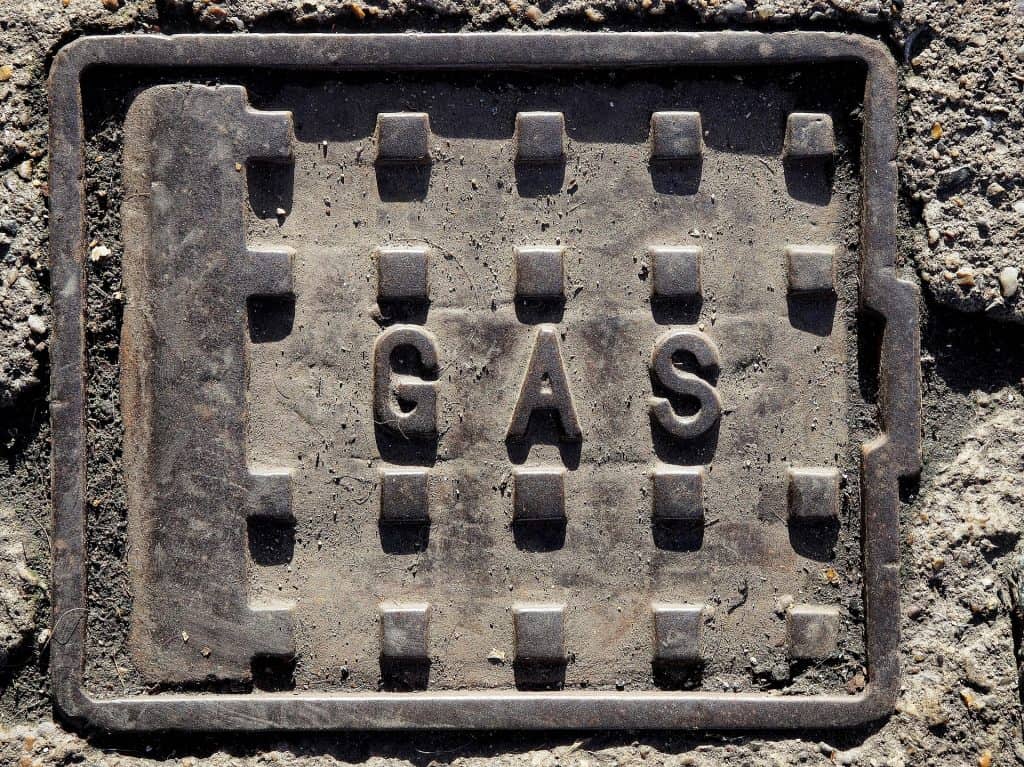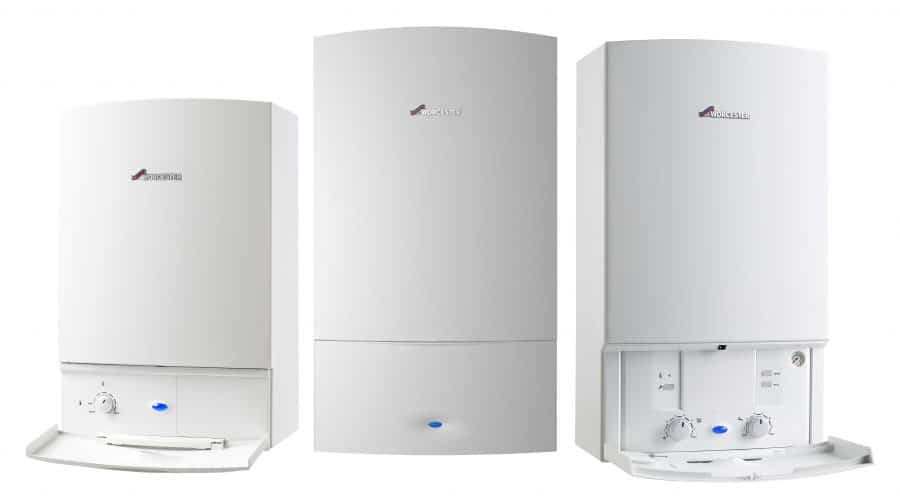Boiler Basics: Different types of gas boiler

Types of gas boiler

Today, we’ll cover the 3 different gas boiler options you have if your home is connected to the national grid’s gas supply. By the end, you’ll have a better picture of what gas boiler installation suits your property.
A gas boiler can be separated into 3 main types. These suit different-sized properties and differing heating and hot water requirements. Let’s jump in:
Combination boilers / Combi boilers
Combination boilers are perhaps the most common type of gas boiler in London. These are just “one solitary white box” on the wall. Combi boilers heat up hot water for your taps and showers on demand (i.e. the burner kicks in whenever a hot tap is opened) and they also produce the hot water that circulates around your radiators. Because they don’t take up much space and are perfectly suited to smaller properties and flats, they are often the right choice for London homes.
Combi Boiler Strengths
– Well suited to smaller homes (no need for a tank)
– Hot water on demand (no need to switch on the boiler then wait)
– Energy efficient (It doesn’t heat water and then store it, so less energy waste)
Combi Boiler Weaknesses
– Not suited for multiple outlets
(e.g if your kitchen and bathroom tap are being used at the same time, you’ll find a decrease in your hot water tap pressure)
System Boilers
System boilers can look the same as a combination boiler but must be paired up with a separate hot water cylinder (often in an airing cupboard). This type of set-up takes up more space and may be better suited to multiple bathroom properties or busy family households where there is a larger demand for hot water with baths, showers, washing machines etc. System boilers will also have more independent controls – zone valves to separate different radiator and hot water cylinder circuits, programmers to set timings for these circuits and thermostats to control desired temperatures.
System Boiler Strengths
– Suited to homes of any size
– No need for a tank in the loft
– Multiple taps can be used at the same time
System Boiler Weaknesses
– Hot water isn’t instant
– The cylinder can take up valuable storage space
Conventional boilers
Conventional boilers (or sometimes called heat only boilers) also need to be paired up with a hot water cylinder. In addition to the extra zone valves, thermostat and programmer, they also require a circulating pump and sometimes an expansion vessel depending on the circumstances. Regular boilers are often best suited to larger properties also and may be paired up to generate larger heat loads.
Conventional Boiler Strengths
– Suitable for very large properties
– Can run multiple taps comfortably
Conventional Boiler Weaknesses
– Hot water isn’t instant
– You’ll need room for a cylinder and a tank
Other Boiler Types
Condensing boilers are more energy efficient and have been made mandatory by the Government since 2005, barring exceptional circumstances. All boilers are condensing regardless of the categories listed above.
Before you install your boiler
WPJ Heating have spent 15 years fitting these boiler types into properties of all shapes and sizes. Remember to speak to your engineer about your choices before committing to a boiler installation for your home.

